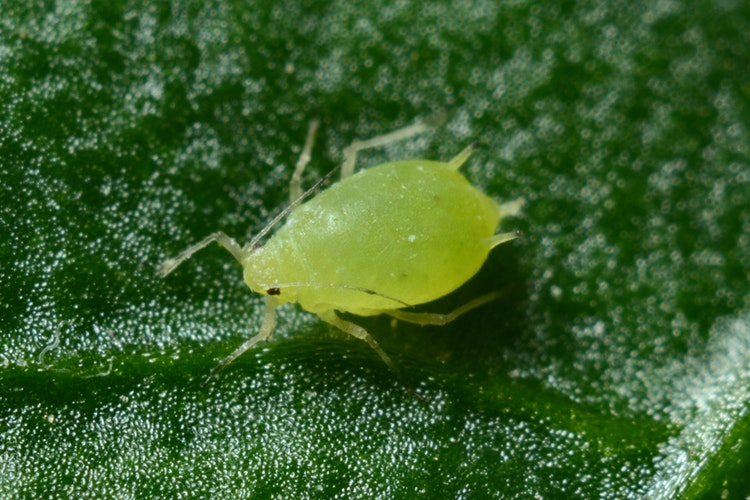The mere thought that you might have parasites is gut-wrenching. These parasites eat away at the essential nutrients that the body needs, leaving the body to deal with deficiencies and fatigue. Although some parasites are good, like the bacteria in our stomachs that help us with stomach and immune function.
If you think that there are parasites only in developing countries then think again. Even developed countries have been complaining of infections and parasites lately. It is imperative for everyone to take care of their diets and hygiene, especially if you’re traveling to other countries. Even places where hygiene and sanitation is taken utmost care of, are not completely safe from the danger of parasite infection. These pesky creatures can infect their hosts from the most unlikely sources.
In humans, there are 3 types of parasites
- Protozoa– these are one-celled parasites that multiply in the blood and tissue. Protozoans are transferred to humans via flies and mosquitoes. If the food consumed has been grown in contaminated soil, there’s a danger of parasites too.
- Helminths – multi-celled parasites like worms that live in the gastrointestinal tract and feed off nutrients from the food, leaving limited resources for the body to absorb.
- Ectoparasites –These are external parasites that latch on to the skin and feed on the blood.
These parasites cause a lot of harm to the human body. These diseases can be mildly annoying to life-threatening and hence can’t be taken lightly. There have to be proactive steps to remove the footprint of these parasites from the environment around humans. The most widespread disease caused by parasites is Malaria which claims the lives of more than a million people worldwide each year.
Some parasites that you need to be wary of in the US are
- Ascariasis – More commonly known as the roundworm, it is transmitted to humans when their eggs are swallowed. These eggs then hatch into the intestines and cause pain and digestive problems.
- Pediculosis (lice) – These parasites affect humans by getting lodged in the hair. They feed off human blood and are very contagious. They also get transmitted from contaminated bedding and furniture.
- Giardiasis – The ingestion of larvae causes giardiasis in humans by coming in contact with contaminated water, hands, and food. The symptoms include diarrhea, loose stools, abdominal cramps, and dehydration.
- Toxoplasmosis – This is caused when meat consumed is undercooked. These parasites also infect cats whose infected litter box can affect their humans too. The mild symptoms of toxoplasmosis are mild aches and pains. In the more dangerous cases, it can severely damage the brain, eyes and other organs.
As you can see most of these parasites get transmitted seemingly because of poor hygiene. However, these days, it is not so. Even if you have stellar hygiene, these parasites can hit you out of nowhere. This calls for some additional precautions. You can read blogs likehttps://microbeformulas.com/blogs/microbe-formulas/top-tips-for-parasite-prevention-what-to-avoid-and-where-not-to-go for more clarity on maintaining infallible hygiene.
Since these parasites are infectious, avoid direct contact with an infected person. In addition to this, employ some more measures to keep yourself and your loved ones safe from these horrible parasites.
Prevent transmission by water
- Never drink water from open water bodies like lakes, rivers, streams, and creeks, no matter how clean the water seems.
- Avoid swallowing water from swimming pools, spas, fountains and water parks. these parasites are often found at these public places.
- Don’t use any public recreational activities like swimming pools if you’re infected to avoid infecting others.
- Heat water at boiling point for at least 1 minute before consumption.
Prevent transmission by food
- Use clean water to wash all fruits and vegetables that are to be eaten raw.
- Never drink and consume unpasteurized dairy products
- Avoid eating food that’s in the open like open food trucks and street vendors.
- Cook all meats to high temperatures before consuming them. Roast beef, veal and lamb meat steaks to 145 degrees Fahrenheit and pork and wild meat to 160 degrees Fahrenheit.
- Never taste meat when it is not done completely.
Prevent transmission by the lapse of hygiene
- Wash hands frequently with soap and water, especially when you’ve used the toilet and before and after touching food.
- Keep your fingernails trimmed and clean. Never bite your nails.
- If you like gardening, ensure that you always wear gloves to avoid touching parasite eggs.
- Don’t scratch your skin with dirty fingernails.
You can never be safe enough when it comes to dealing with parasites. In the unfortunate case that you do catch a case of parasites, don’t take this to heart. Just ensure that you take better care in the future.

Leave a Reply